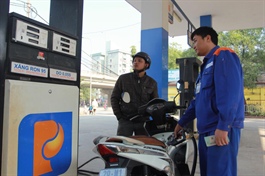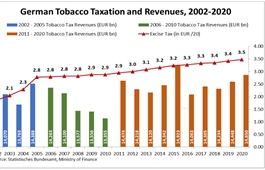Chairman of EuroCham Vietnam: The SBV's efforts were commendable
Chairman of EuroCham Vietnam: The SBV's efforts were commendable
As exchange rate pressure grows when circumstances are unfavourable, the State Bank of Vietnam (SBV) has raised the operational interest rates by 100 basis points (1 per cent) before the November Fed meeting on October 24, according to a report recently provided by the SSI.

In addition, SSI predicts that deposit and lending interest rates will likely continue to rise by an additional 50 to 100 basis points by the end of the year due to the deteriorating financial environment.
The cash flow of the banking system improved during the week of October 17 to October 21, and the SBV returned immediately to the government to increase the interbank VND interest rate level and create a safe distance from the USD interest rate.
The volume of freshly issued 7-day notes was around $5 billion, while the total net withdrawal reached over $4.95 billion.
The SBV altered the bidding procedure for bills from interest rate bidding to volume bidding and set the prevailing interest rate at 5 per cent per year in an effort to increase the money market interest rate. At the end of the week, the interbank lending rate reached 4.64 per cent, which is only 30 basis points higher than it was last week.
According to SSI, following the SCB incident, transactions in the money market were largely fragmented and concentrated on banks with low bidding interest rates, resulting in a sharp decline in interest rates. In comparison to the previous week, the average daily trading volume of overnight terms fell by 16 per cent.
Alain Cany, chairman of the European Chamber of Commerce in Vietnam (EuroCham Vietnam), said the US interest rates are inevitably rising, and so are the SBV's recent interest rates, adding that the interest rate level in Vietnam is currently higher than in more developed countries because the dollar is increasing strongly.
“If you compare the VND with many other currencies, it is doing even better than the euro and yen,” said Cany.
“However, unfortunately, as you have seen in the last two weeks, the VND has depreciated much more than before and may continue for a while. The VND is a strong currency. So, as soon as this war is over and the global recession returns, I believe there is no choice but to allow the dong to depreciate slight.”
Cany forecasts that, in the medium term, the VND will return strongly because the economy is growing better. “It may be beneficial to exports in any case, because if the currency is weak, you will be able to compete more effectively,” he said.























